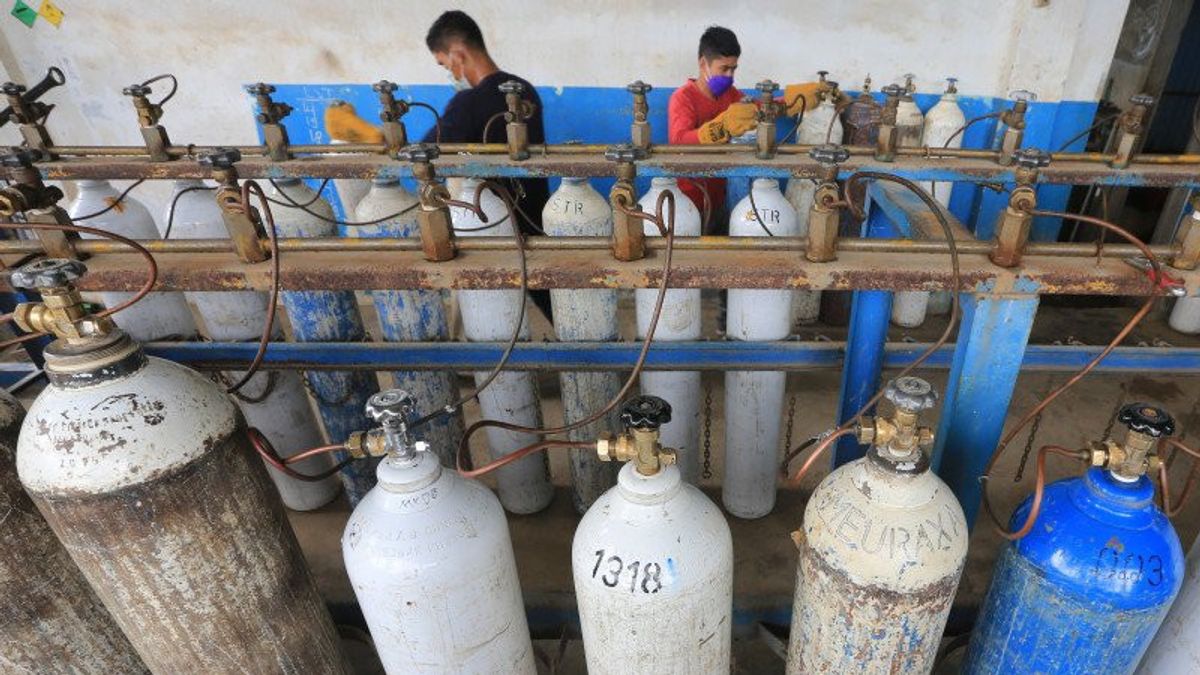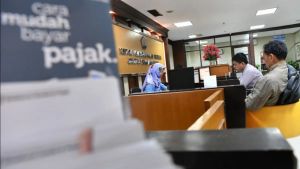JAKARTA - Head of the MUI Fatwa Division, Asrorun Niam Sholeh, reminded that MUI Fatwa 14/2020 which reads that actions that cause panic and or cause public harm, such as buying and hoarding basic necessities and hoarding masks are legal.
This fatwa also applies to those who buy medicines, vitamins, and oxygen. Which causes scarcity so that people who need it and are urgent, cannot get it.
"Hoarding of basic needs is not allowed even for precautionary purposes and supplies, while there are other people who need them very urgently," Asrorun Niam told reporters, Sunday, July 4.
This follows the panic buying that occurred after the government set an Emergency Community Activity Restriction (PPKM) from July 3 to July 20.

Not a few people who panic and then buy up various needs, such as medicine and oxygen. In fact, this behavior has resulted in a number of COVID-19 patients and other sick people not being able to get medicine and oxygen, leading to death.
For this incident, Asrorun Niam also invited the public, especially Muslims, to continue to work hand in hand to support and help victims and patients of COVID-19 in order to obtain health services.
Including ensuring the availability of oxygen, drugs, and vitamins. Among them by giving oxygen, medicines, vitamins, basic necessities and other urgent needs and not hoarding these basic items, especially oxygen cylinders.
"Authorities need to take emergency steps to control the situation, ensure availability, prevent hoarding, and take action against people who take advantage of difficult conditions," he said.
In addition, MUI also asked the government to ensure the adequacy and availability of oxygen, medicines, vitamins, and basic needs of the community evenly.
Among them, taking legal action against people/corporations that take advantage of the pandemic situation to seek economic benefits by holding back and playing with prices. This causes scarcity and prices soar.
"Similarly, it also prevents the actions of some people who stockpile oxygen, medicines, vitamins, and basic necessities which make access difficult for people who need it urgently," he said.
The English, Chinese, Japanese, Arabic, and French versions are automatically generated by the AI. So there may still be inaccuracies in translating, please always see Indonesian as our main language. (system supported by DigitalSiber.id)













